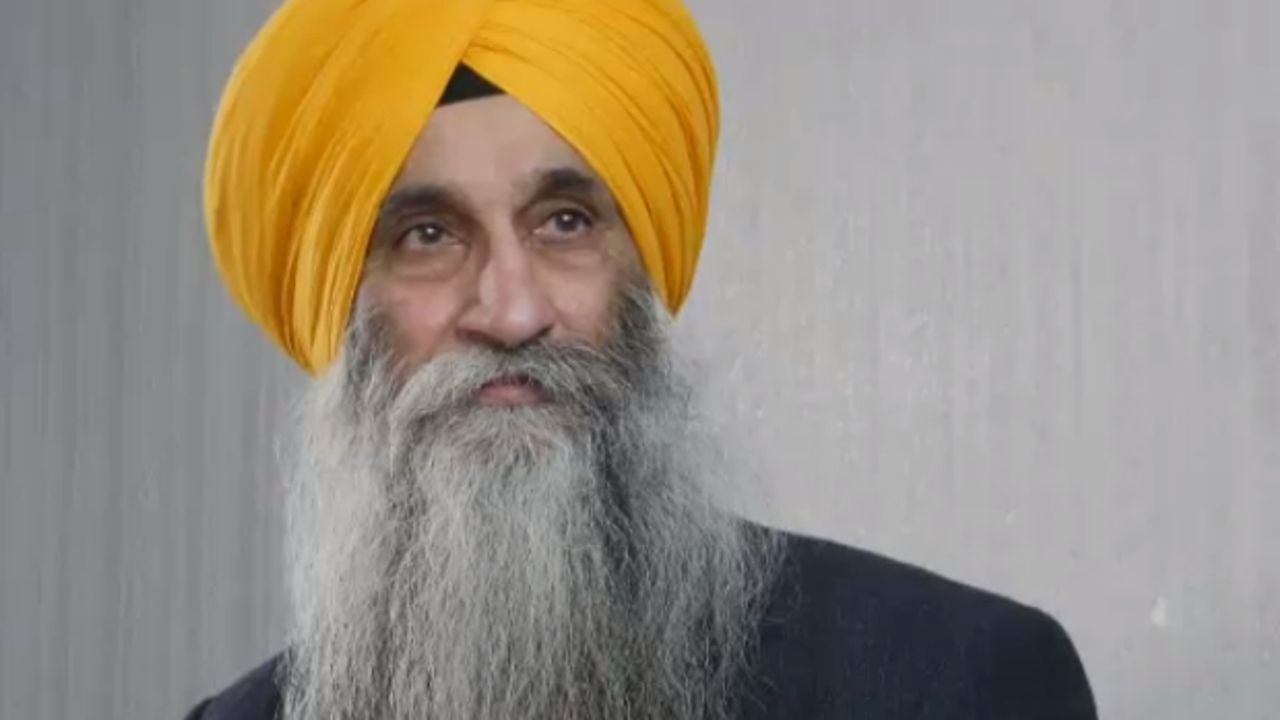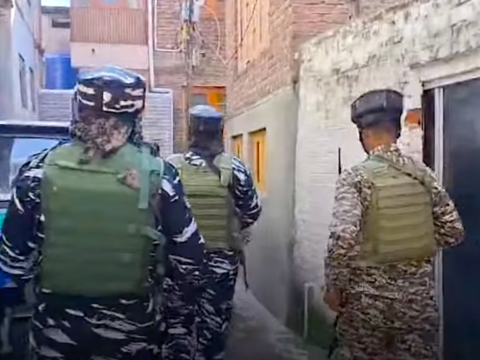LONDON (Diya TV) — Kulwant Singh Mothada, a staunch supporter of Khalistan, a controversial Sikh separatist movement, is living under the constant shadow of fear. Accused by India’s counter-terror department of violating terror laws, Mothada, along with several other activists, faces the grim reality of potential assassination.
In his first television interview with Sky News, Mothada expressed his deep concerns for his safety. He described his daily routine, filled with constant surveillance of his home through CCTV and changing his car and routes to work regularly. Despite residing in the tranquil suburbs of Wolverhampton, Mothada remains haunted by the possibility of being targeted by the Indian state, especially after witnessing the deaths of fellow activists listed alongside him.
The Indian National Investigation Agency (NIA) has compiled a “hit list,” which includes Mothada and 15 others, all accused of terrorism-related offenses. The gravity of the situation struck Mothada last year when an Indian television channel aired a report identifying him as an “enemy of the state.”
Mothada’s activism revolves around advocating for Khalistan, a cause he shares with other activists on the list, some of whom have already met untimely deaths under suspicious circumstances. Despite the dangers, Mothada emphasizes the importance of raising voices against human rights violations and seeking justice for the Sikh community, both in India and internationally.
The fear extends beyond Mothada and his peers, resonating deeply within the Sikh community, especially in the UK. Many believe that the UK government’s silence on the matter is a form of appeasement toward India, further exacerbating their sense of vulnerability.
In response to allegations by India’s NIA that his organization, Sikhs for Justice, is a radical extremist group, Mothada asserts his commitment to peaceful activism. He cites the United Nations’ recognition of the right to self-determination and emphasizes that their efforts are aimed at highlighting the plight of the Sikh community in Punjab.
The complex history of the Khalistan movement, marked by violence and government crackdowns, continues to cast a long shadow over Sikh activism. However, voices like Mothada’s remain undeterred, determined to seek justice and raise awareness despite the looming threats.
As Mothada and others navigate the delicate balance between activism and personal safety, the echoes of their struggle reverberate across borders, prompting calls for international attention and action to safeguard their rights and freedoms.



